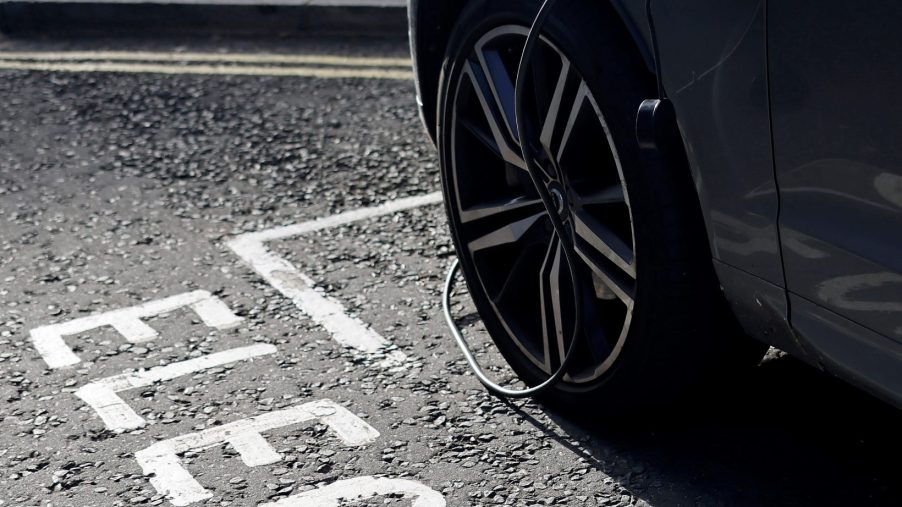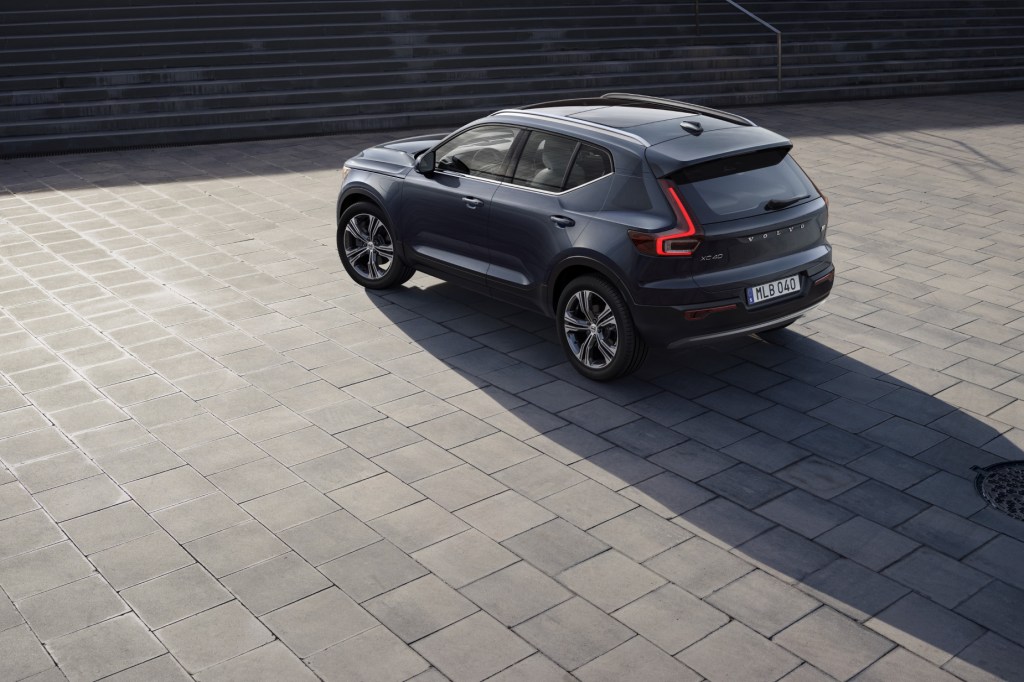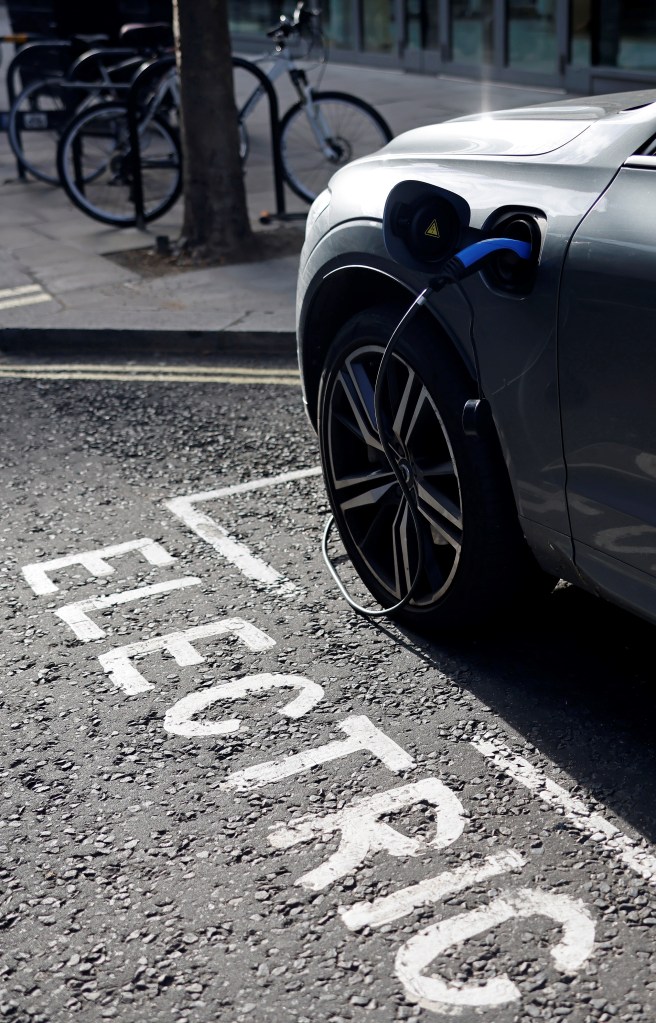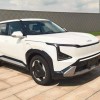
Volvo Just Announced the Death of Its Gas-Powered Vehicles
EVs will not be stopped. We have been on the precipice of a major paradigm shift in the auto industry for a while now, but the EV wave is mounting, and it doesn’t seem to be breaking. As some manufactures like Toyota are still making massive V8 4x4s like the Tundra, others are beginning to make plans to shut down gas-powered production altogether. Volvo is the latest to make such a bold declaration to end the production of all gas and diesel-powered vehicles over the next 10 years.
Volvo looks toward the future
Tuesday morning, Volvo dropped the bomb that it will start moving away from internal combustion engines and by 2030 will become a completely electric-car maker. Not even the Hybrids are safe at Volvo by the end of the decade.

Although the move to electric cars is a wave that is moving quickly across the entire automotive market, Volvo’s announcement was shocking as it just released its first EV last year. The elimination of gas and transition to battery power is meant to go like this. Midway through 2025, Volvo wants half of its sales worldwide to be electric vehicles while having the second half be all hybrids. The following five years will phase out the hybrids, making way for the rest of the EV line.
Volvo ain’t playing around
In an interview with CNBC, Henrik Green, Volvo Cars’ chief technology officer, said, “There is no long-term future for cars with an internal combustion engine.” Green added, “We are firmly committed to becoming an electric-only car maker, and the transition should happen by 2030.” There seems to be little room for interpretation here.
If that wasn’t enough to show that Volvo means business, CEO Håkan Samuelsson mentioned to CNBC how buying a Volvo in the future will change. Like the Rivian sales model, Volvo plans to move to an “online-only” sales model.

“Number one is, of course, seeing very transparently, what do they cost, what models are available … call it the ‘menu’ — that will be online, and that’s also where you put in your order,” he said. He mentions that, of course, people will still want to test-drive something before they buy, and that will still be available, but the ordering process will all happen online, even at the showroom.
Samuelsson believes that even though many people like to test drive, many will simply order a new Volvo from their homes. This seems to be a trend that is amassing quite a lot of confidence from automakers that people want to buy cars online instead of a car lot.
The automotive industry is likely going to start changing very fast
Volvo isn’t the only manufacturer that is pledging to make the switch. GM announced last week that it would be going all-in on EVs over the next decade as well. Last week Ford mentioned that it would be investing a cool billion dollars into an EV facility in Germany. Even old-school Jaguar/Land Rover said that the Jaguar line would be all-electric by 2025.
The writing is on the wall, floor, ceiling, and anywhere else you want to look. EVs are coming, and gas- and diesel-powered vehicles are going.



